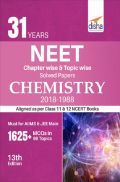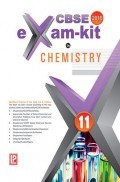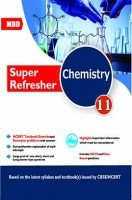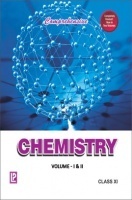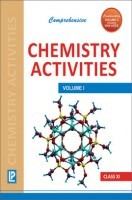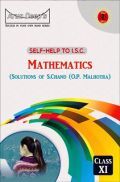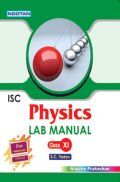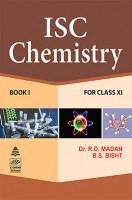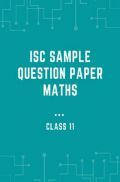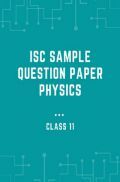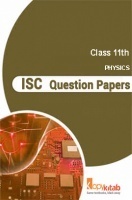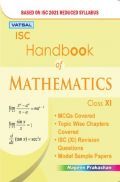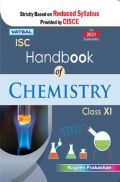Achemist bases his thinking on experiments. The task of analytical chemistry is to develop and provide experimental methods of determining the chemical composition of substances. The book in your hands describes various procedures for qualitative and quantitative analysis.
This book is intended for class XI students. The text has been written strictly according to the new syllabus prescribed by Central Board of Secondary Education. It presents the theoretical principles and practical procedures of analytical chemistry in an easy and comprehensive way.
This book Useful for Class 11 students.
1 The Chemist And His Tools
2 Basic Laboratroy Techniques
3 Determination of Melting Point and Boiling Point
4 Purification of Compounds By Crystallisation
5 Determination of pH Values
6 Effect of Change of Concentration On Chemical Equilibrium
7 Quantitative Estimation (Volumetric Analysis)
8 Inorganic Qualitative Analysis
9 Analysis of Acid Radicals (Anions) ByWet Tests
10. Analysis of Basic Radicals (Cations) (Some Important Principles)
11. Analysis of Group Zero Cation (Ammonium NH )
12. Analysis of Group I Cations (Silver Group) (Pb , Ag , Hg )
13. Analysis of Group II Cations (Copper and Arsenic Groups)
14. Analysis of Group III Cations (Fe , Al , Cr )
15. Analysis of Group IV Cations (CO , Ni , Mn , Zn )
16. Analysis of Group V Cations (Ba , Sr , Ca )
17. Analysis of Group VI Cations (Mg , Na , K )
18. Detection of Elements in Organic Compounds








